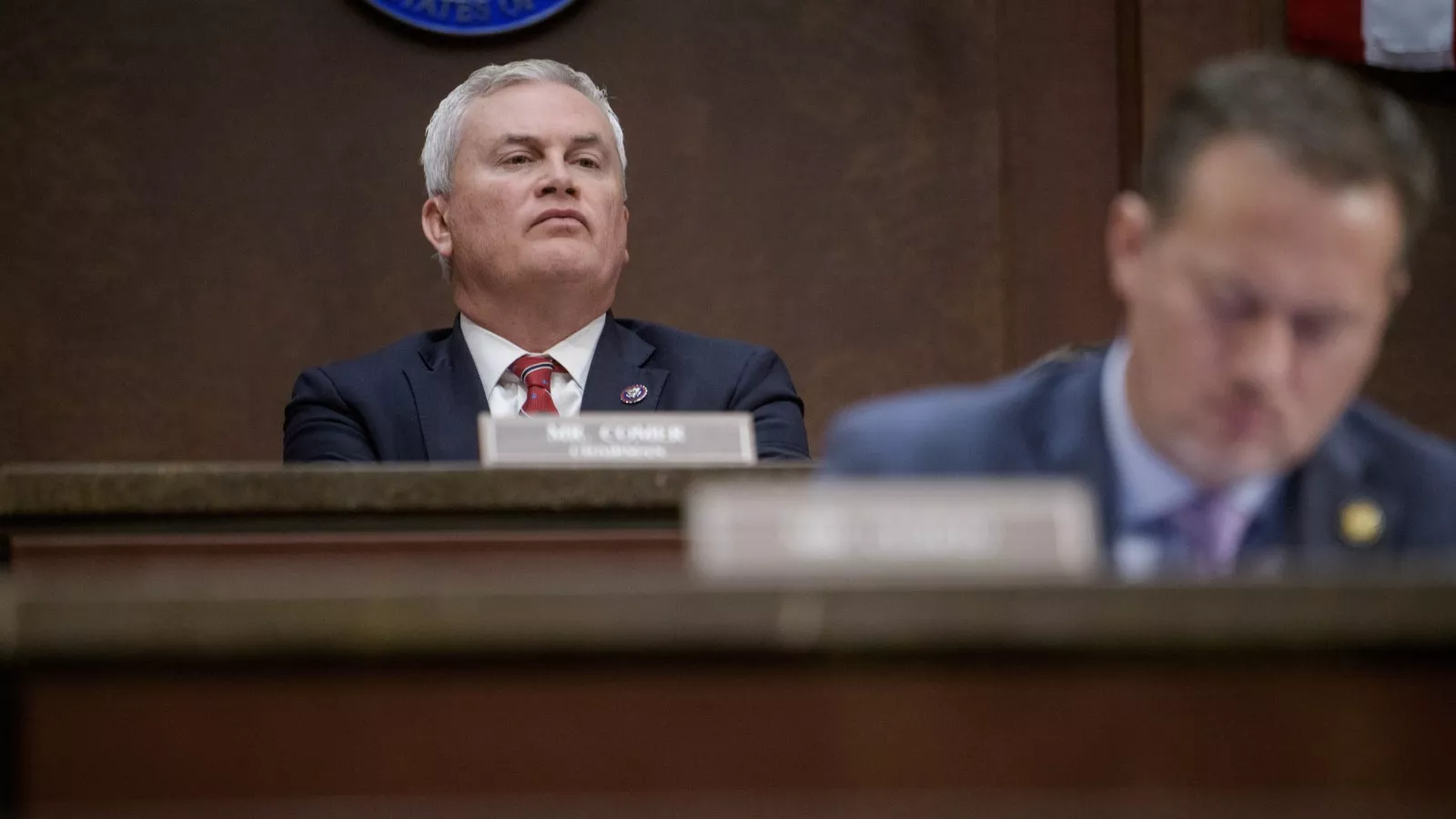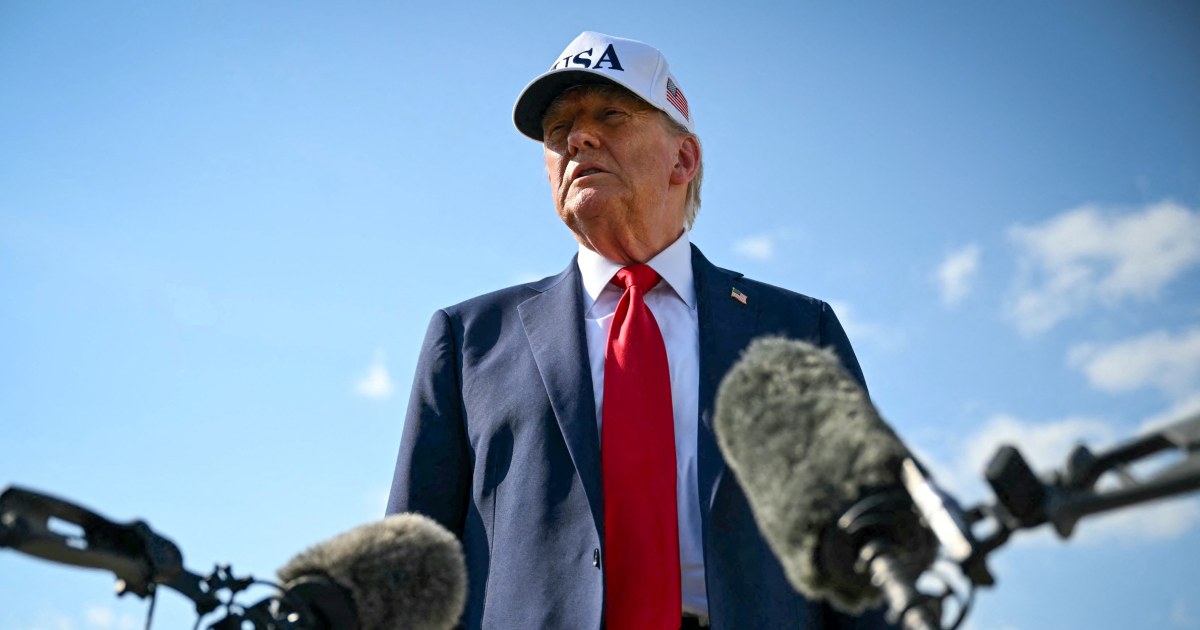In a decision that underscores the gravity of the questions surrounding former President Joe Biden’s cognitive and physical health during his final months in office, President Donald J. Trump has officially waived executive privilege protections for Biden’s former physician, Dr. Kevin O’Connor.
The waiver clears the way for Dr. O’Connor to testify under subpoena before the House Oversight Committee as part of an expanding investigation into what lawmakers have called a coordinated effort to conceal Biden’s deteriorating condition from the American public.
This move by President Trump signals a commitment to transparency and accountability in government, even when it requires pulling back the curtain on prior administrations.
The letter from the White House Counsel’s Office made it clear that the national interest in understanding whether Biden’s presidency was compromised outweighs any traditional claim to confidentiality between the Executive Branch and its medical personnel.
Trump’s team stated plainly that executive privilege “is not justified” in this instance and that the severity of the allegations — including the possibility that unelected aides may have exercised presidential powers in Biden’s place — creates “exceptional circumstances” requiring cooperation with Congress.
For many Americans, especially those who watched the dramatic political events of 2024 unfold with growing unease, this investigation strikes at the heart of constitutional governance.
Biden’s disastrous debate performance in June of that year marked a turning point for the Democratic Party and the nation. He appeared visibly confused, struggled with basic responses, and at times seemed unaware of his surroundings.
In the days that followed, concern turned into crisis as party leaders scrambled behind closed doors, ultimately pressuring Biden to withdraw from the race. But now the focus has shifted to a more serious and disturbing question: How long had this decline been known, and who knew it?

Dr. Kevin O’Connor, Biden’s personal physician and longtime confidant, is now at the center of that inquiry. Appointed to serve as the White House physician, O’Connor was not merely an observer but a key gatekeeper to the president’s medical information.
According to lawmakers on the Oversight Committee, there is mounting evidence that Dr. O’Connor either failed to accurately report the president’s cognitive decline or deliberately participated in efforts to obscure it from both Congress and the American people.
Committee Chair James Comer issued a subpoena after O’Connor refused to testify voluntarily. While O’Connor’s legal team attempted to delay the proceedings, arguing that such a subpoena was unprecedented and potentially violated patient-physician confidentiality, the committee has not backed down.
Supporters of the investigation point out that the stakes are far too high for business-as-usual arguments about privacy. The American presidency is not merely another high-profile job.
It is the single most powerful office in the world, and its occupant must be physically and mentally fit to fulfill the duties required under the Constitution.
If it is proven that Biden’s inner circle, including medical professionals, conspired to hide or misrepresent his condition, it could represent one of the most significant breaches of public trust in modern history.
President Trump, in waiving executive privilege, is signaling a broader message about the responsibility of those in power to place country above politics.

While former presidents have frequently relied on privilege to shield conversations, memos, or advice from public scrutiny, this move reflects a principle that certain truths — especially those involving national leadership and potential constitutional violations — cannot be kept behind closed doors.
Trump’s letter to Dr. O’Connor made clear that his actions are about preserving the integrity of the office, not just asserting control over its narrative.
The testimony being sought goes beyond simple health assessments. Investigators are especially interested in Dr. O’Connor’s private communications with senior Biden aides, his role in preparing or editing public statements regarding Biden’s health, and any financial ties he may have had with the Biden family or related entities.
This includes questions about whether his assessments were influenced by political pressure or financial arrangements designed to maintain loyalty.
According to the letter from the White House, the inquiry “includes your assessment of former President Biden’s fitness for the office of the president and your financial relationship with the Biden family.”
This line of questioning opens a potentially explosive window into the Biden administration’s final months. Reports have already surfaced of aides shielding the president from unscripted moments, staging limited press appearances, and even placing restrictions on who could interact with him directly.
These incidents, once dismissed as campaign rumor or political spin, now gain fresh relevance in light of the Oversight Committee’s investigation.
House Republicans are also preparing to bring in other top Biden officials for transcribed interviews. Former Chief of Staff Ron Klain, former Press Secretary Karine Jean-Pierre, and former Staff Secretary Neera Tanden have all been summoned, with Tanden already having completed her testimony in a closed-door session.

What emerges from these interviews could determine whether this case remains a political embarrassment or grows into a full-scale constitutional scandal.
It’s worth noting that the question of presidential capacity has long been a delicate subject in American politics. The 25th Amendment, ratified after the Kennedy assassination, provides a framework for transferring power in cases of incapacity — but it has rarely been tested.
If it turns out that senior officials knowingly concealed Biden’s inability to fulfill his duties while quietly exercising those duties themselves, this could represent a covert invocation of the 25th Amendment in spirit, if not in law — one that occurred without the knowledge or consent of Congress.
The optics are also troubling for Democrats, many of whom spent the last election cycle insisting that concerns about Biden’s age were merely Republican attacks.
With video clips of Biden’s confusion during key moments circulating widely on social media, trust in the transparency of his administration began to erode.
The current investigation could confirm that behind the scenes, even his own aides were aware of — and actively managing — a serious and escalating decline.
That possibility is now being taken seriously by many Americans, particularly as more revelations suggest that top officials may have made decisions in Biden’s name without his full awareness or participation.

From signing executive orders to issuing foreign policy statements, it remains unclear how many of these actions were actually reviewed or understood by Biden himself in the final months before he stepped aside.
By allowing Dr. O’Connor to speak freely to Congress, Trump is demonstrating his longstanding belief in clear, accountable government. His supporters argue that this is not just a political maneuver, but a necessary step to ensure that the public gets the full truth about how decisions were made at the highest level of government — especially when those decisions could have involved nuclear codes, foreign military engagements, or emergency domestic policy shifts.
The broader political implications are also clear. With the 2026 midterms approaching, Republicans are drawing a sharp contrast between their vision of leadership — one of strength, clarity, and decisive action — and what they portray as the secretive and unstable nature of Biden’s final year in office.
The House probe allows them to frame this moment as a turning point in restoring public faith in democratic institutions and ensuring that future presidents are truly capable of serving the nation.
O’Connor’s upcoming deposition will likely be one of the most closely watched events on Capitol Hill in recent memory. His responses could validate concerns long held by voters who felt uneasy about Biden’s public appearances and erratic behavior.
Or they could reveal a more troubling pattern of deception orchestrated by a small group of insiders who thought they could manage the presidency from behind the curtain.
Either way, the White House’s decision to waive executive privilege removes a major barrier to transparency — and places the truth within reach of the American people.

For President Trump, who has built his political identity on breaking through Washington’s secrecy, this moment represents not just a political victory, but a reaffirmation of the principle that no one, not even the president’s doctor, is above accountability when the nation’s future is at stake.




